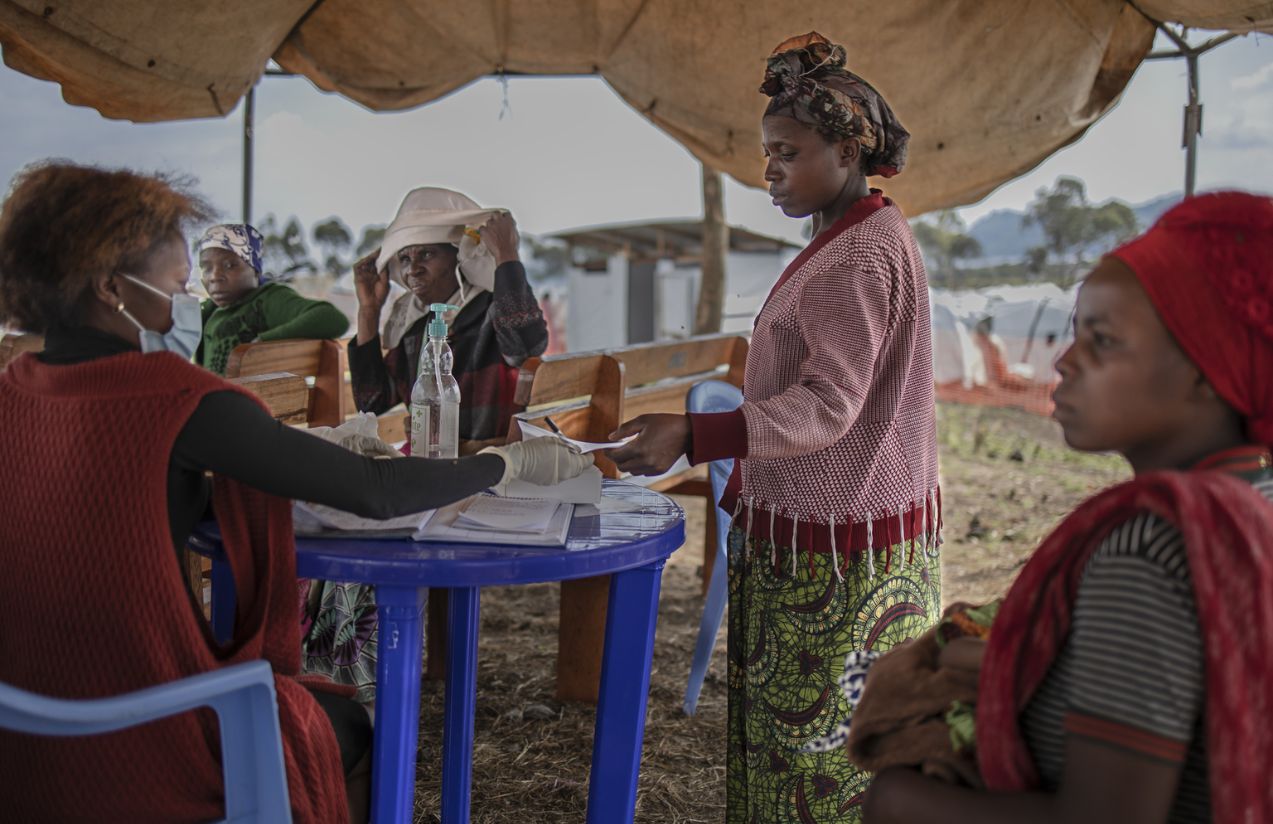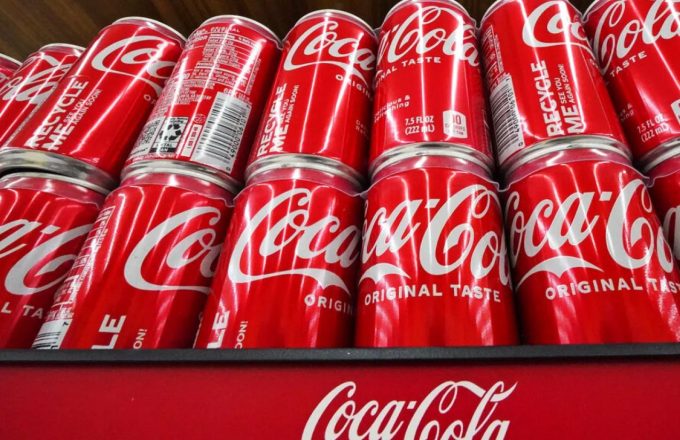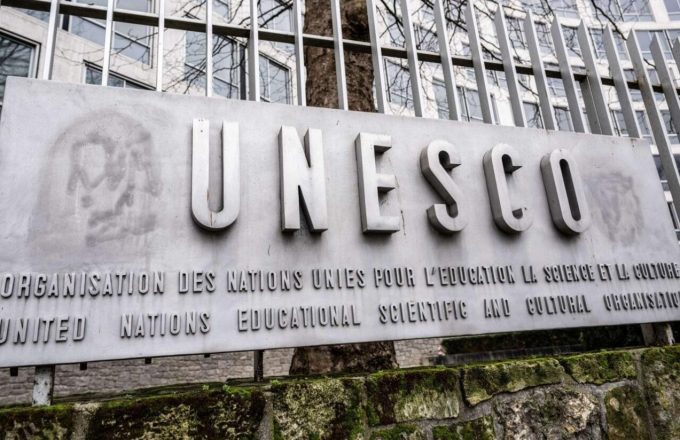The State Department in Washington sent a flood of emails to recipients worldwide, reaching refugee camps, tuberculosis clinics, polio vaccination projects, and thousands of organizations that relied on U.S. funding to save lives.
“This award is hereby terminated for the convenience and interest of the U.S. government,” the messages began.
With these brief notifications, funding for approximately 5,800 projects supported by the United States Agency for International Development (USAID) came to an end. This marked the definitive closure of a chaotic period in which the Trump administration had frozen the funds under the premise of a review, dashing any hope that aid might continue.
Among the canceled programs were many that had previously been deemed essential and vital by the State Department itself and had therefore received an exemption from the freeze.
“People will die,” warned Catherine Kyobutungi, executive director of the African Population and Health Research Center. “But we will never know, because even the programs responsible for counting the dead have been eliminated.”
The measure severely impacted initiatives such as HIV treatment programs benefiting millions of people, major malaria control strategies in the hardest-hit African countries, and global efforts to eradicate polio.
The Global Drug Facility, the largest provider of tuberculosis medications, lost all its operational funding and 10% of its drug budget—resources that last year enabled the treatment of nearly three million people, including 300,000 children.
Additionally, more than $80 million allocated to UNAIDS—the UN agency that supported countries in improving HIV treatment, including data collection and health service monitoring—was canceled.
This decision leaves many health programs adrift, particularly in Africa, where such aid is the only option for accessing quality healthcare and medications. In these countries, poverty rates are extremely high, and access to these services is severely limited.




















